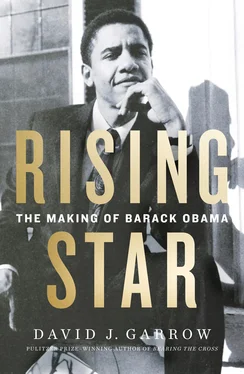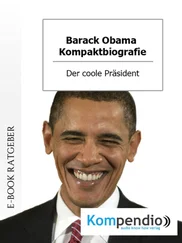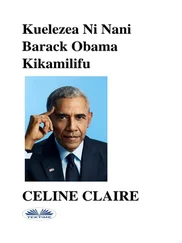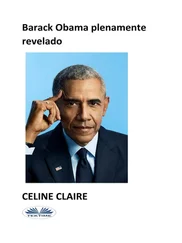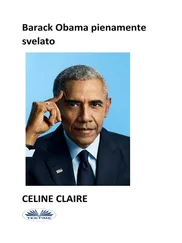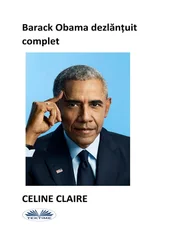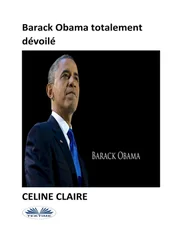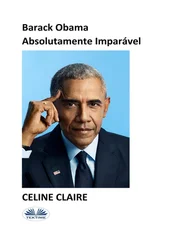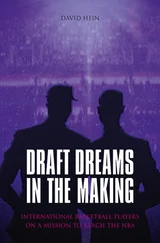On Saturday evening, June 2, Punahou’s 412 graduating seniors, all dressed in matching blazers for the men and long dresses for the women, filed into Honolulu’s Blaisdell Arena, where three months earlier Barry’s AA basketball team had won their championship. A prayer opened the ceremony, followed by the entire class singing a school song. Three seniors—Byron Leong, Annabelle Okada, and class president Dennis Bader—had major speaking roles, interspersed among four more choral selections. Bader’s impressive remarks, in which he told his classmates to follow “your pilot light,” drew prolonged applause from the families and friends seated on the arena’s main floor. Class dean Paula Miyashiro welcomed the graduates, and Academy principal Win Healy invoked his personal tradition of choosing one adjective to describe each year’s class. Commending the 1979 graduates for making 1978–79 “the smoothest and best year of the 1970s” at Punahou, he said the best word to describe them was “harmonic.” President Rod McPhee commended Paula Miyashiro on her “great job” with the class, and then presented each of the graduates with their diploma. As the ceremony was ending, Barry ran into his former Baskin-Robbins coworker Kent Torrey. “Kent, I’ve got to tell you, your dad was one major S.O.B. of a teacher, but at least I learned something from him” in junior-year U.S. history. “What a cool, backhanded compliment from one of the bigger jocks on campus,” Kent thought.
Several of Barry’s friends remember a cohosted graduation party at Kenji Salz’s family’s home with Stan Dunham serving as greeter. “Gramps” was “a great guy” who would always “make sure everybody’s being included,” Greg Ramos remembered. None of Barry’s friends have any clear recollections of Ann Dunham from that weekend. Some, like Mike Ramos and Dan Hale, believe they met her then or at some other time, but as Mike put it, “she lived in Indonesia” and “was just in and out” when visiting Honolulu. Mike’s brother Greg knows he never met her. “She was not a part of his life” during those final years at Punahou. “His grandparents raised him.”
Ann remained in Honolulu for five weeks before returning to Indonesia. Early that summer, Barry hoped to get a job at a pizza parlor—not Mama Mia’s with Gay Ray—and Mark Hebing gave him a ride to the interview. But Barry quickly came back out. The place served beer, and Barry was still two months shy of being eighteen—too young to serve beer if not to drink it. Barry sent eighteen-year-old Hebs in, and he was hired. Barry later recalled making $4 an hour painting instead and also working as a waiter at an assisted-living facility.
By the time of his Punahou graduation, Barry knew that in the fall he would be attending Occidental College in Los Angeles—more precisely, in a far northeastern neighborhood called Eagle Rock, close to the small city of Pasadena. Obama later once half-claimed he chose “Oxy” because he had met some girl on vacation in Honolulu who was from Brentwood—far on the opposite side of sprawling Los Angeles—but the choice may also have been influenced by the hope that he was good enough to play college basketball. Punahou teammate Dan Hale remembers that Barry “really wanted to play college basketball” and as of spring 1979, he believed he “had an opportunity to play there” on an NCAA Division III team.
Occidental recruiter Kraig King, a 1977 Oxy graduate who had combined a stellar academic record with four years of standout play as a starter on Oxy’s varsity basketball team, had visited Punahou back in mid-November 1978, at the same time that Barry was doing so well in Occidental graduate Ian Mattoch’s Law and Society class. Obama later publicly thanked Paula Miyashiro Kurashige as “my dean who got me into college,” and Greg Ramos has a clear memory of Barry being disappointed at how his college applications had turned out. Oxy “was clearly a second choice for him,” especially with another basketball teammate, Darin Maurer, headed to Stanford. Years later Obama said that Swarthmore College in Pennsylvania also rejected him. Oxy required two letters of recommendation; might one from an alumnus who could testify that Barry’s A- in Law and Society was a better predictor of his academic potential than the rest of his Punahou transcript have been decisive? If so, no copy survives.
One afternoon in early September 1979, just a few days before Obama was leaving for Occidental, he paid another visit to grandfatherly Frank Marshall Davis. Frank asked him what he expected to get out of college, and Barry, at least as he later recounted their conversation, replied that he didn’t know.
“That’s the problem, isn’t it? You don’t know. … All you know is that college is the next thing you’re supposed to do.” But Frank had a warning. “Understand something, boy. You’re not going to college to get educated. You’re going there to get trained. They’ll train you to want what you don’t need. They’ll train you to manipulate words so they don’t mean anything anymore. They’ll train you to forget what you already know. They’ll train you so good, you’ll start believing what they tell you about equal opportunity and the American way and all that shit. They’ll give you a corner office and invite you to fancy dinners, and tell you you’re a credit to your race. Until you want to actually start running things, and then they’ll yank on your chain and let you know that you may well be a well-trained, well-paid nigger, but you’re a nigger just the same.”
Barry was confused. Was Frank saying he shouldn’t be going to college? Frank sighed. “No. I didn’t say that. You’ve got to go. I’m just telling you to keep your eyes open. Stay awake.” With those words of paternal advice, the only African American adult eighteen-year-old Barry Obama had ever known bid him farewell for the West Coast mainland. 40
Конец ознакомительного фрагмента.
Текст предоставлен ООО «ЛитРес».
Прочитайте эту книгу целиком, купив полную легальную версию на ЛитРес.
Безопасно оплатить книгу можно банковской картой Visa, MasterCard, Maestro, со счета мобильного телефона, с платежного терминала, в салоне МТС или Связной, через PayPal, WebMoney, Яндекс.Деньги, QIWI Кошелек, бонусными картами или другим удобным Вам способом.
